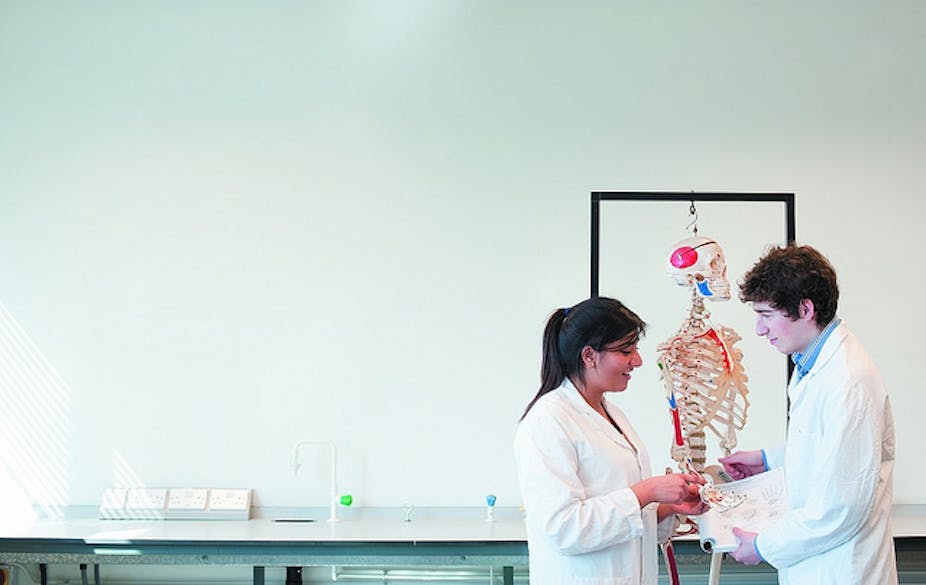Just before I finished high school, my local general practitioner suggested I consider medicine. But the thought of blood made me feel squeamish, so I went to university to do maths and physics, and to try the new field of computer science. Needing a fourth subject, I opted for biology so that my friend who also did biology could give me a lift to campus.
I ended up becoming fascinated with biology, so much so that I wanted to study neuroscience, and I felt the best way into a research career was through medicine. Luckily, I was successful. As an undergraduate I discovered patients and shifted my focus to a career as a psychiatrist.
I was called up for National Service and ended up on a Defence Force Scholarship. During this time I became interested in trauma surgery and after discharge joined the surgical training scheme. After six months of surgery, I was bored with the technical side but still enjoyed the patient contact and interaction. Being married with one child and another on the way, I opted for general practice with a mental health and procedural focus.
I tell this story in some detail to highlight the meanderings that many students undertake in their career decision-making. Some students come into medicine with a fixed idea of what they want to do and spend their time achieving that goal.
But the majority are more like me and develop multiple interests. Where they end up generally depends on a number of factors such as available training posts, skill levels, controllability of lifestyle and to a very small extent, salary.
The Medical Schools Outcome Database and Longitudinal Tracking Project (MSOD) asks students about their career intentions on entry to and exit from medical school, and as interns (their first year working in a hospital) and residents (their second year of work). On entry to medical school in 2011, 25% of medical students had a first preference for surgery with paediatrics and general practice the next most frequent.
The preferences of those exiting medical school in 2011 were a little different: internal medicine and surgery were the most common career choices (18% each) followed by general practice and then paediatrics. Towards the end of the internship, the preferences changed again, with internal medicine the most frequently chosen (19%) followed by general practice and then surgery.
The least preferable career options tend to be rehabilitation, public health and palliative care – most students come into medicine to save lives, making these specialities less appealing.

With the growing number of medical graduates and the relative shortage of intern and specialist training positions, we have noticed a change in student behaviour.
Increasingly, students are attempting to ensure their undergraduate experiences provide them with the best advantage for their career selection process. Honours degrees or the publication of papers will add a few extra points in some speciality selection processes and students are working hard to achieve these goals.
Hospital choice is also seen as important, as there is a perception among medical students that undertaking an internship in a specific hospital increases their chances of being selected into a specific specialist training program. But these beliefs aren’t necessarily based on facts.
Some experts have suggested using career counselling to increase the number of students entering careers that are less appealing or where there are significant shortages. But there’s no evidence to show career counselling works in this way.
The best way to deal with this issue is around student selection and undergraduate experiences. Choosing students who are more likely to enter a given profession and providing them with experiences that are positive will work much more effectively in promoting careers in the generalist professions (medicine, surgery and rural general practice).
But often the impact of changes does not stop at the school level. Many professionals, including doctors, invest so much of their time and energy into their careers they are surprised that their practice takes on a sameness. Once you have delivered 200 babies or conducted 100 gall bladder operations the procedures lose their excitement.
This is the point at which many doctors start looking for something new and engage in medical politics, education, research, business ventures or artistic endeavours.
Some, like me, become dissatisfied with individual care and want to have a bigger impact on the world. Moving into academia to train the next cohorts of doctors seemed a logical step. In light of my original interest in research, this was a hugely positive for me.

